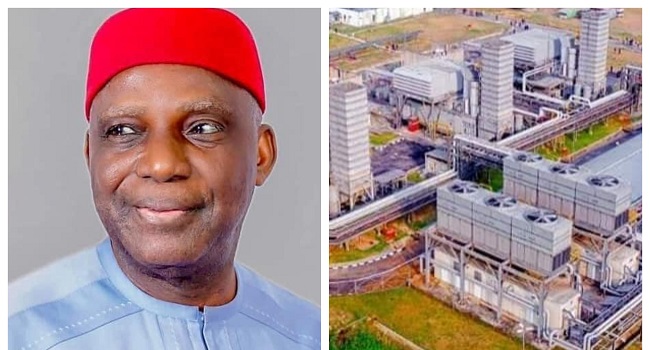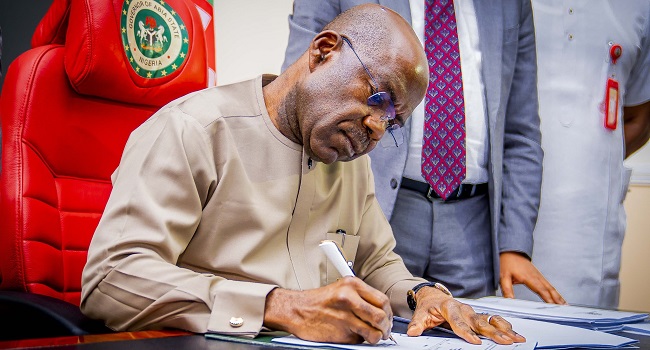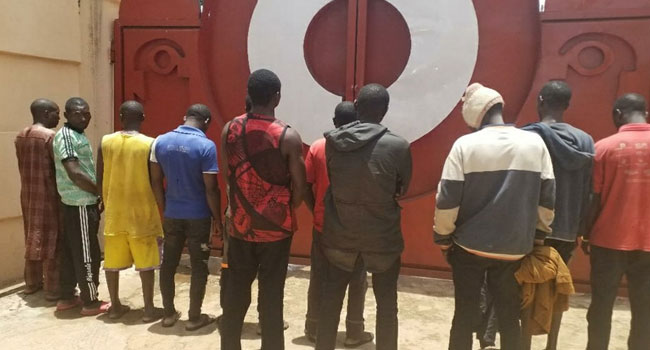In an effort to ensure a healthy living for it citizens through environment preservation, the Abia state government is set to partner with a German-based company which has revealed plans to set up a waste management and re-cycling technology centre in the state.

He expressed his profound optimism that the technology will enhance the social and economic potential of the state
According to the German consulting expert on environment, Mr. Michael Struve, the technology will generate huge income for the state as well as create job opportunities for the unemployed who are willing to learn.
In readiness for the Public Private Partnership (PPP) with the German company, Mr Ndukwe disclosed that residents in the state have been sensitized on the technology and they are willing to remove their metal scraps and wastes to create wealth.
Making a presentation at the reception, Mr Struve explained that the waste management process works with the collection of the disposal waste materials in a huge container.
These wastes are assembled at a place designated for the re-cycling process.
After the re-cycling process, 28 plastic drinking bottles becomes equivalent to one T-shirt, and 670 beverage cans will convert to a bicycle.
He also revealed that 19,000 aluminium tins can be turned into steel for car production, just as an old worn out tire can also be re-cycled to produce energy.
The German added that old telephones, mobile phones and electrical parts are not to be discarded as the company also plans to set up an electro-cycling factory that can treat 80,000 electronics per year.
According to Mr. Michael Struve, the state stands to make 100 percent profit worth trillions of Naira out of the technology transfer.
He added that the plan for the project will involve a final take-over of the technology by the state on the long run which he claimed; the company would be willing to transfer to the state.
He however requested that the company will like to have the monopoly for collecting all the wastes in the state.




